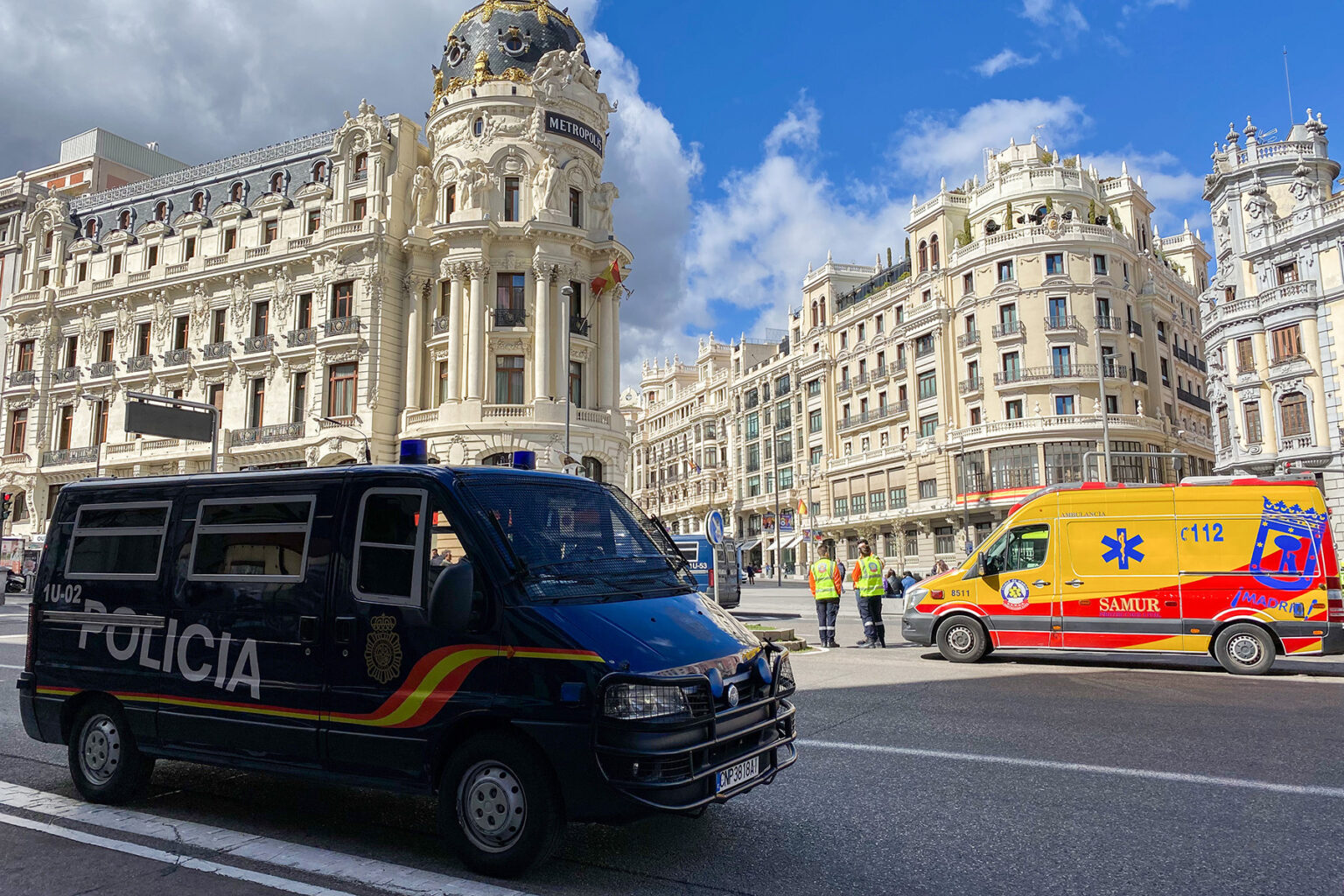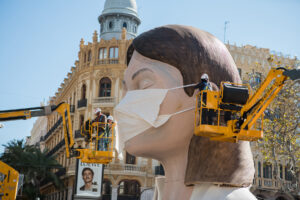The main emergency services number for life-threatening crises in Spain – and all of Europe – is 112. If your situation is less serious, you can reach support on a wide range of other numbers and helplines.
Here’s who you can call for help:
- Emergency services in Spain
- Fire services in Spain
- Police in Spain
- Healthcare and accidents in Spain
- Mental health services in Spain
- Drug and alcohol services in Spain
- Children, family, and youth services in Spain
- Crime-related services in Spain
- Utility and telecommunications services in Spain
- Road and traffic emergencies in Spain
- LGBTQ+ services in Spain
- Homelessness services in Spain
- Animal services in Spain
- Embassies and services for foreign nationals in Spain
- Lost or stolen property in Spain
- European-wide emergency numbers in Spain
- What to do in an emergency in Spain
- Other useful phone numbers in Spain
- Emergency terms and phrases in Spain
Allianz Care
Allianz Care is a world leader in providing international health insurance. Their various premiums provide professionally designed solutions for a variety of expat lifestyles. So, wherever your life takes you, make sure you have the right health protection for you and your family with Allianz Care.
Emergency services in Spain
Spain has three emergency services: the police (policía), the fire brigade (cuerpo de bomberos), and the ambulance service (ambulancía).
You can contact the emergency services in Spain by calling the pan-European emergency number (112) from any telephone. When you call 112, the operator diverts you to the relevant emergency service. The individual emergency services are also available at the following numbers:
- Ambulance: 061
- Fire brigade: 080
- National police: 091
- Local police: 092
Fire services in Spain
Fire brigades in Spain are operated at the community level, with each of the 17 autonomous communities in charge of its own fire service. In addition, Barcelona and Madrid have their own fire brigades.
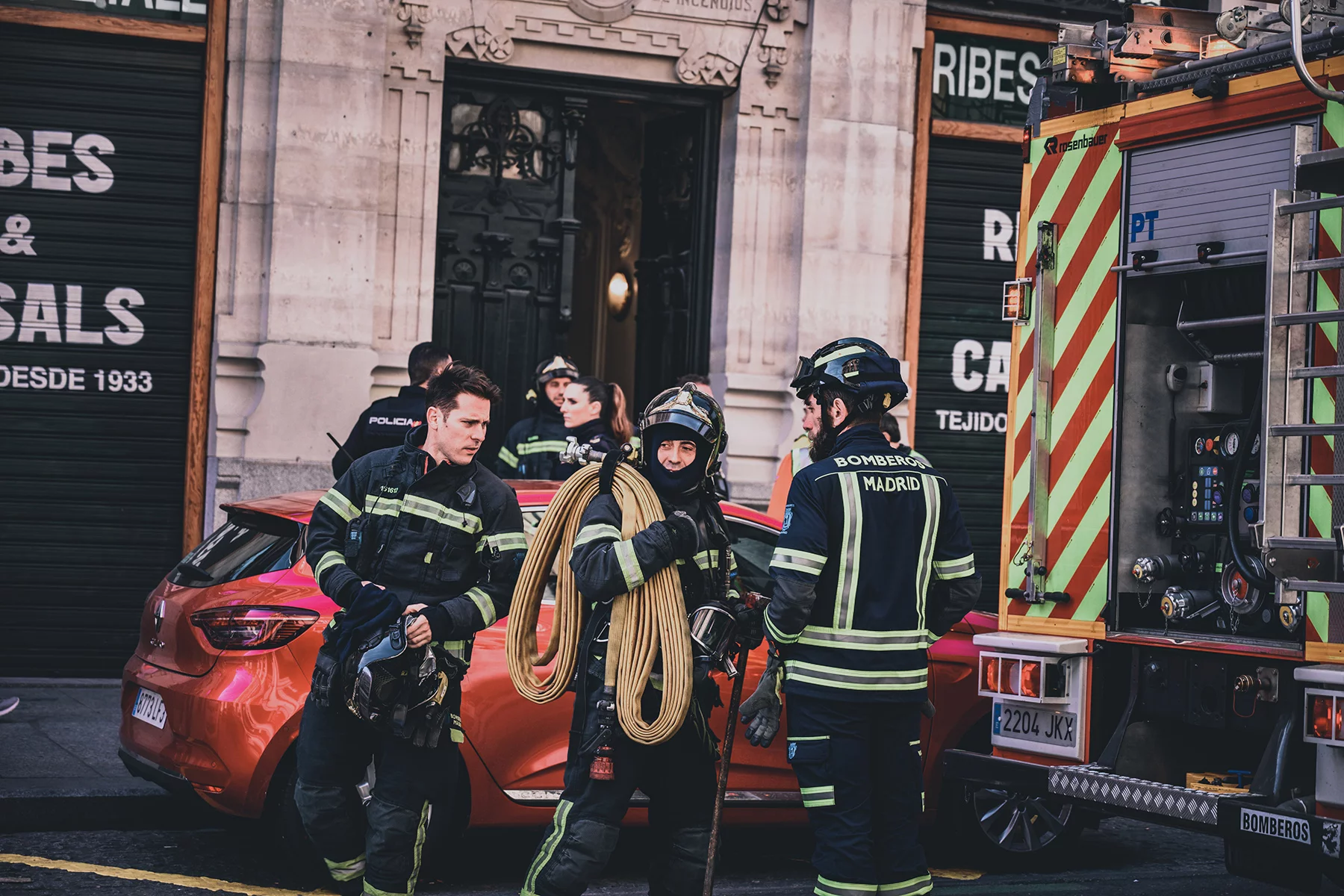
You can contact the fire brigade in Spain by calling their emergency number at 112 or 080.
Firefighters in Spain take on a range of roles beyond dealing with fires. They conduct work such as rescues and safety inspections. Firefighters also have a key role in the community, often visiting schools to give presentations on fire safety.
Police in Spain
There are three different types of police in Spain: the National Police (Policía Nacional), Local Police (policía local) and the Civil Guard (Guardia Civil).
- The National Police has the widest remit, dealing with wider issues such as organized crime, national security, and terrorism.
- The local (or municipal) police deal with crimes in each local area, such as theft, traffic offenses, and disputes.
- Finally, the Civil Guard is Spain’s oldest police force. It is run by the military and primarily operates in rural areas and on highways.
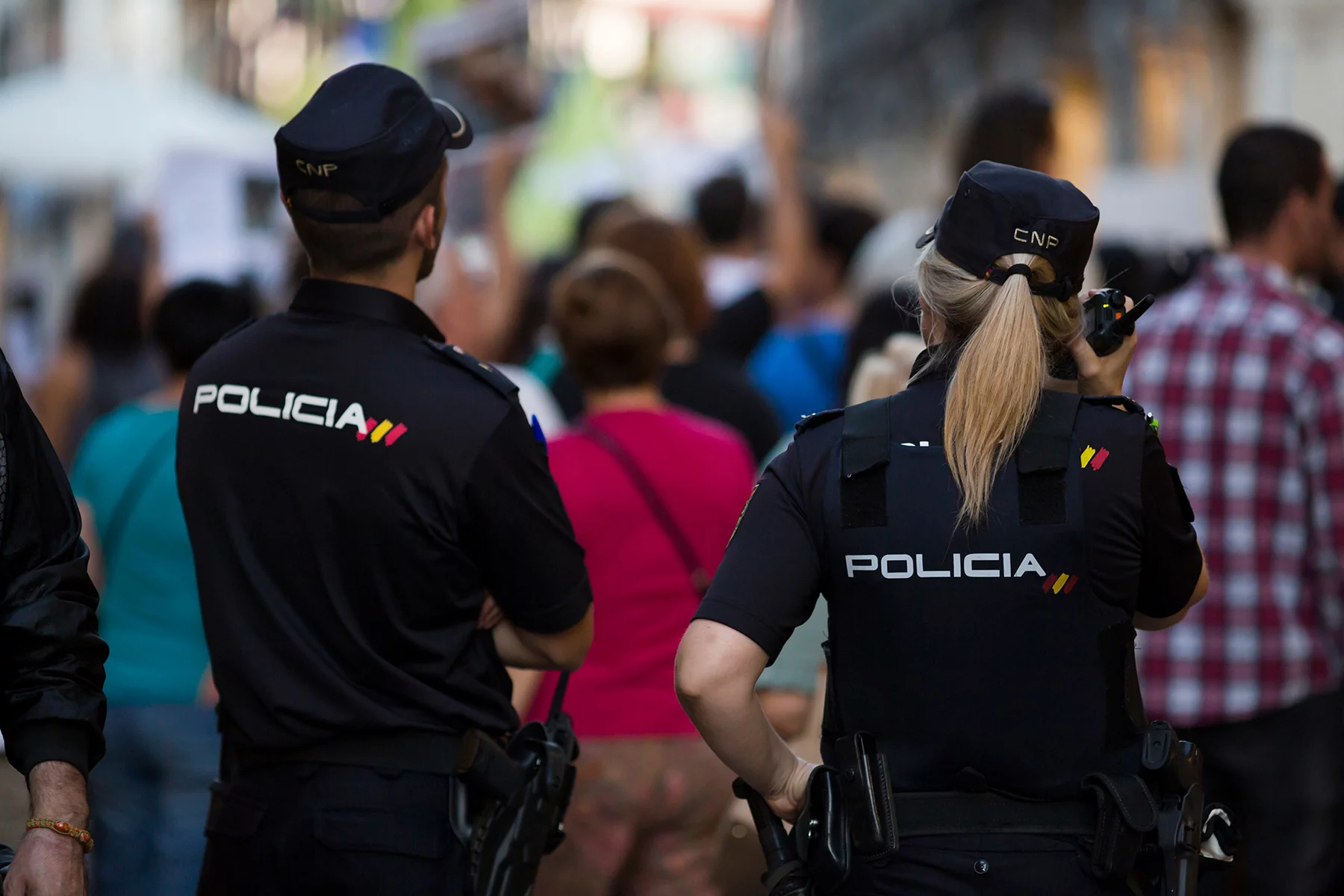
The emergency numbers for each police service in Spain are the following:
- National Police: 091
- Local police: 092
- Civil Guard: 062
The Spanish police also runs a special foreign tourist service, which allows foreigners to report crimes such as burglary, theft. Call 902 102 112 between 9:00 and 21:00.
Healthcare and accidents in Spain
If you or someone else needs emergency medical care in Spain, call the emergency number for the medical service at 112 or 061. It’s also possible to visit your local hospital’s accident and emergency department (Urgencias). For general medical inquiries and less urgent issues, you should instead contact your general practitioner, who can refer you to a specialist if necessary.
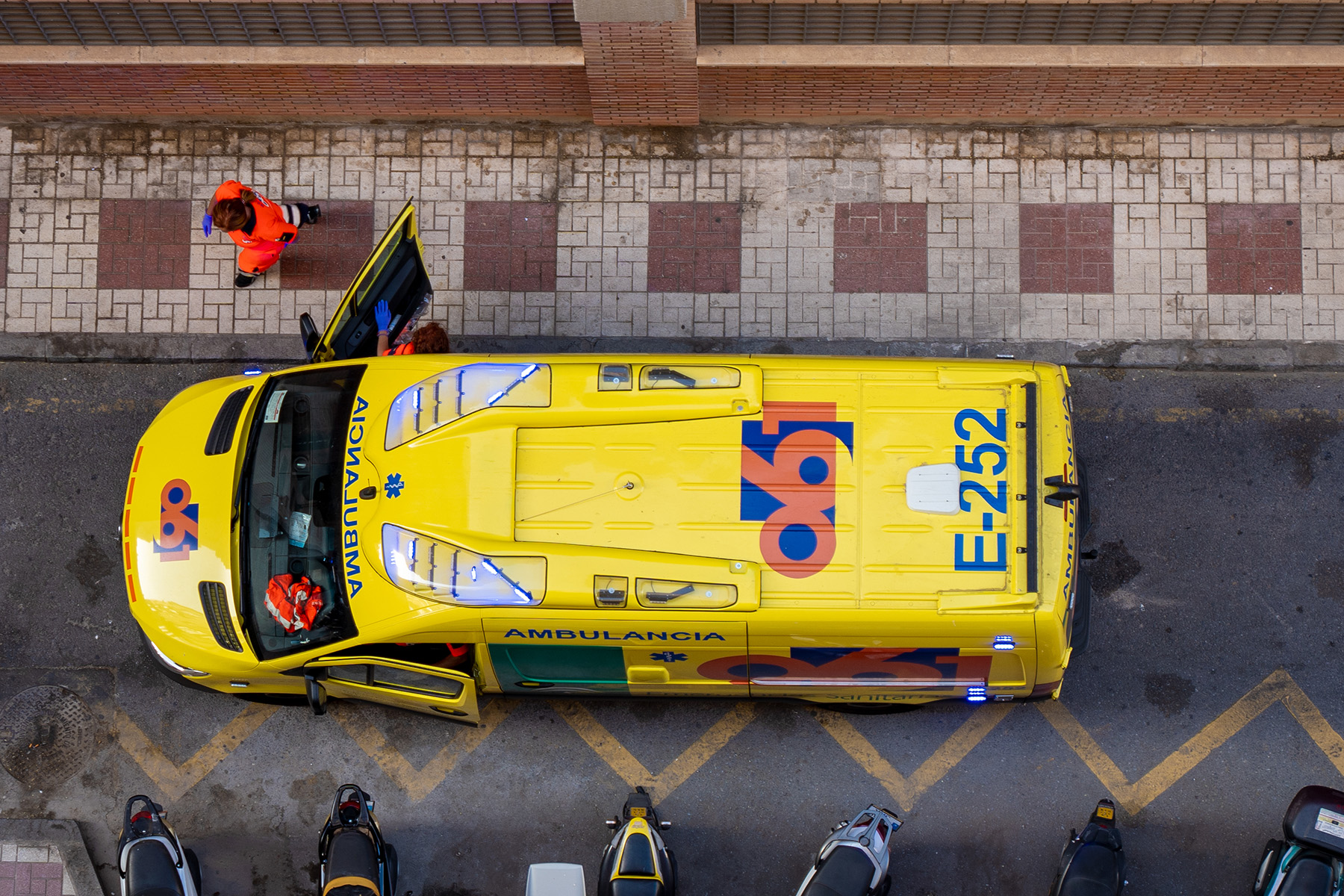
Some further emergency healthcare contact numbers in Spain are the following:
- Emergency doctor: 1003
- Emergency dentist: 961 496 199
- AIDS/HIV helpline: 902 424 424
- Health and pharmacy information: 900 161 161. You can also find your local pharmacy online.
- Elderly helpline: 900 222 223
- Maritime Sea Rescue: 900 202 202
- Red Cross: 902 222 292 or online.
You can find out even more in our full guide to healthcare in Spain.
Mental health services in Spain
If you require mental health support in Spain, you can receive care by visiting your doctor or visiting a local health center. Your doctor may refer you to specialist treatment, which generally takes place at a mental health center. Some mental healthcare services are available through the state insurance system, but others (such as psychotherapy) aren’t available.
Drug and alcohol services in Spain
- Anti-poison and drugs helpline: 915 620 420
- Drug addiction support (Fundación de Ayuda contra la Drogadicción): 900 161 515 or online.
- Alcoholics Anonymous: find English-speaking meetings in your area online.
- Al-Anon: find English-speaking meetings online.
- Narcotics Anonymous: call 952 858 522 or go online (Spanish only, however).
Children, family, and youth services in Spain
- Support for single parents: call 622 795 542 or go online.
- Report gender violence: call 016 or 900 116 016.
- Child and teenage abuse: call 900 202 010 or visit ANAR (Spanish only, however).
- Missing children: 116 000
- Support for women: 900 580 888
- Domestic violence and abuse (Mujeres Maltratadas): 900 100 009
- Mum Abroad: information for English-speaking parents living in Spain available online.
Crime-related services in Spain
- Crime victim support service: 900 150 909
For even more details on what to do if you’re a victim of crime, check out our guide to crime and the legal system in Spain.
Utility and telecommunications services in Spain
If you suffer a power cut or gas leak in Spain, call your provider as soon as possible. The National Energy Commission (La Comisión Nacional de Energía) provides a list of suppliers as well as their contact details.
If you have a problem with your telephone line, call 1002.
Road and traffic emergencies in Spain
In a road emergency in Spain, call 112 or an emergency number above to contact the police, medical service, or fire brigade as appropriate.
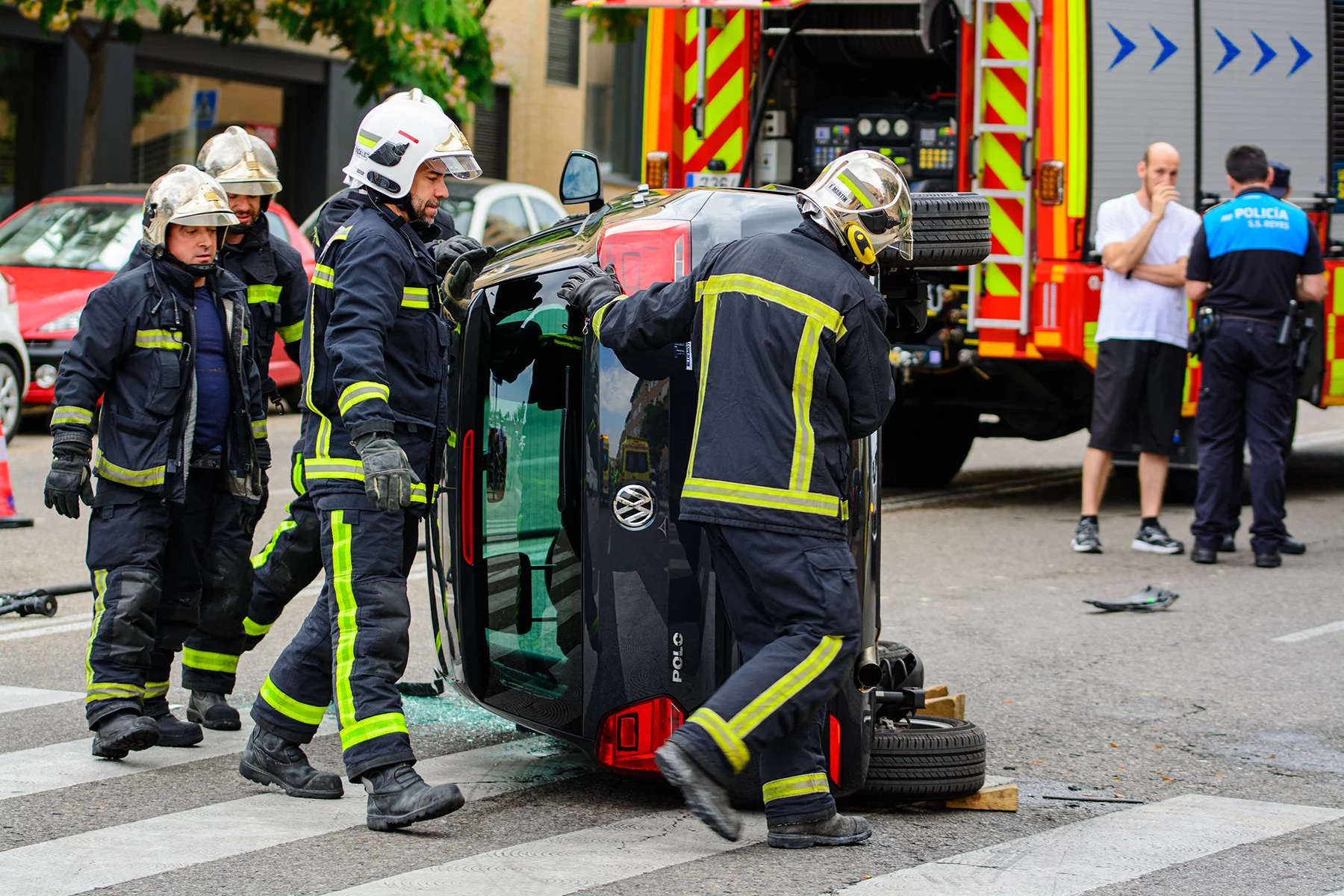
- Traffic reports: call 011 to find out about current traffic issues or go online.
- Traffic authorities: call 060 to contact the Spanish traffic authorities. An English-speaking operator is also available between 9:00 and 15:00.
LGBTQ+ services in Spain
- FELGTB: umbrella group for more than 50 LGBTQ+ organizations in Spain. Find out even more online.
- LGBT in Spain: website providing list of LGBTQ+ organizations in Spain.
- Casal Lambda: gay and lesbian association offering information, meetings, and counseling. Find out even more online.
- Travel Gay: gay and lesbian-friendly travel planner, available online.
Homelessness services in Spain
Animal services in Spain
- Emergency vet: 963 744 731
- Association of Animal Protection in Spain: online list of local associations promoting animal protection in Spain.
- Adopt a Pet: directory of organizations for pet adoption and animal protection in Spain.
- PACMA: Animal Party – a Spanish political party that works for animal rights.
Embassies and services for foreign nationals in Spain
Spain is a busy tourist destination with many immigrants, so finding support isn’t difficult. The Spanish Tourism Portal has information for visitors and EmbassyPages also has a list of embassies in Spain.
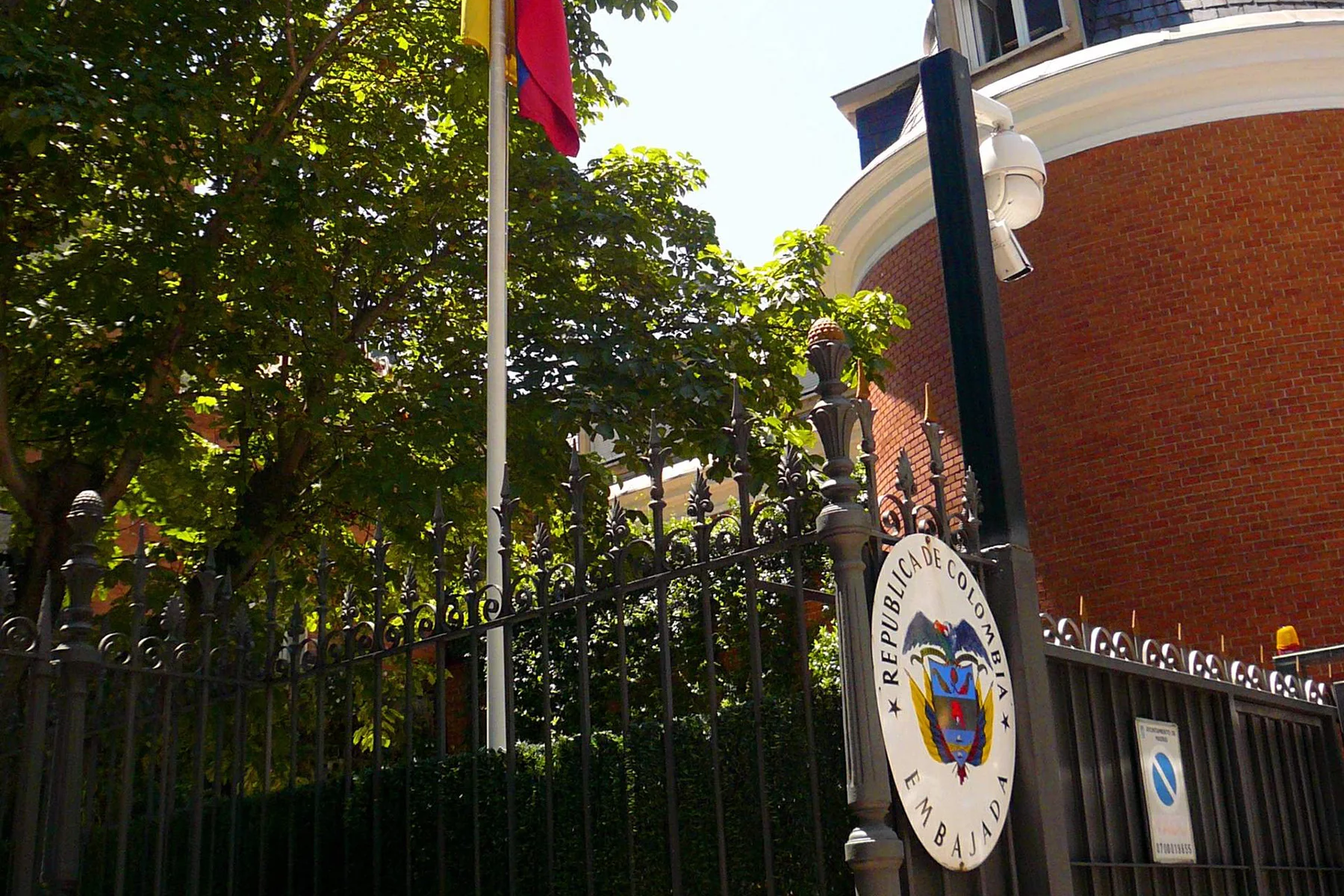
Some of the more relevant embassies for tourists and foreign residents in Spain include:
- Colombia: The Embassy of Colombia in Madrid is located at P.º del Gral. Martínez Campos, 48. Their phone number is +34 917 004 770. Colombia also maintains Consulates in Barcelona, Bilbao, Las Palmas de Gran Canaria, Palma de Mallorca, Sevilla, and Valencia.
- Germany: The Embassy of Germany in Madrid is located at C. de Fortuny, 8. Their phone number is +34 915 579 000. Germany also has Consulates in Alicante, Almería, Barcelona, Bilbao, Lanzarote, Las Palmas de Gran Canaria, Mahón, Málaga, Palma de Mallorca, Puerto de la Cruz, San Sebastián, Santa Cruz de la Palma, Valencia, Vigo, and Zaragoza.
- Morocco: The Consulate General of Morocco in Madrid is located at C. de Leizarán, 31. Their phone number is +34 912 109 300. Morocco also has an Embassy in Madrid and Consulates in A Coruña, Algeciras, Alicante, Almería, Barcelona, Bilbao, Girona, Las Palmas de Gran Canaria, Málaga, Murcia, Oveido, Palma de Mallorca, Sevilla, Tarragona, and Valencia.
- Romania: The Embassy of Romania in Madrid is located at Av. de Alfonso XIII, 157. Their phone numbers are +34 913 454 553 and +34 669 362 202 (emergencies only). Romania also maintains Consulates in Albacete, Almería, Barcelona, Bilbao, Castellón de la Plana, Ciudad Real, Las Palmas de Gran Canaria, Murcia, Pamplona, Sevilla, and Zaragoza.
- United Kingdom: The British Embassy in Madrid is located at P.º de la Castellana, 259D. Their phone number is +34 917 146 300. The UK also has Consulates in Alicante, Barcelona, Ibiza, Las Palmas de Gran Canaria, Santa Cruz de Tenerife, and Sevilla.
Lost or stolen property in Spain
- Lost property: if you lose a valuable item or are a victim of theft, contact the local police. If you lose an item on a train or at an airport in Spain, contact the transport provider first.
- Lost and found pets: if you find a pet in Spain, take it to a local vet, who can check if it is identifiable and contact the owner. If you lose a pet in Spain, contact local vets and give your pet’s identification number. You can also contact the Archivo de Identificación del Colegio de Veterinarios at 934 189 294 (902 170 401 outside of office hours). Finally, you can report the animal missing at a local police station.
- Lost bank cards: contact your bank or call the card provider: American Express (902 375 637), Mastercard (900 971 231), or Visa (900 991 124).
European-wide emergency numbers in Spain
If you have an emergency anywhere in Europe, call 112 to access emergency services. Calls to 112 are free and can be made from any landline, payphone, or mobile phone.
What to do in an emergency in Spain
When you call an emergency number in Spain, you should follow these tips:
- State your name, telephone number, the location where help is necessary, the situation and if it’s still happening, how many people require help, and whether there are weapons or dangerous substances involved.
- Don’t forget the code to your parking lot or apartment building.
- Never hang up until you are invited to do so.
- If you have existing medical problems or regularly take prescription drugs, make sure you at least know how to say their names in Spanish to the operator.
- If you have children, cite their ages and how much they weigh (in kilograms) in case you need to call an anti-poison center or to administer medication.
- In a situation where you’re dealing with intoxications, make sure to inform them of what was taken and, if possible, give them the rest of what was consumed.
Other useful phone numbers in Spain
- Citizen information line: call 012 or go online.
- Ombudsman and complaints: 900 101 025
Emergency terms and phrases in Spain
| English | Spanish |
| Help! | ¡Socorro! |
| Help me | Socorro |
| I can’t breathe | No puedo respirar |
| (Severely) allergic | (Severamente) alérgico |
| EpiPen | EpiPen |
| Accident | Accidente |
| Fire | Fuego |
| Murder | Asesinato |
| Emergency | Emergencia |
| Ambulance | Ambulancia |
| Doctor | Médico / Médica |
| Hospital | Hospital |
| Police | Policía |
| Extremely ill | Extremadamente enfermo |
| Call 911/999 | Llame al uno uno dos |
| I need a doctor | Necesito un médico / una médica |
| I need an ambulance | Necesito una ambulancia |
| I need the police | Necesito la policia |
| I want a lawyer | Quiero un abogado / una abogada |
| I’m innocent | Soy inocente |
| I didn’t do it | Yo no lo hice |
Useful resources
- National police: how to report a crime as a tourist in Spain
